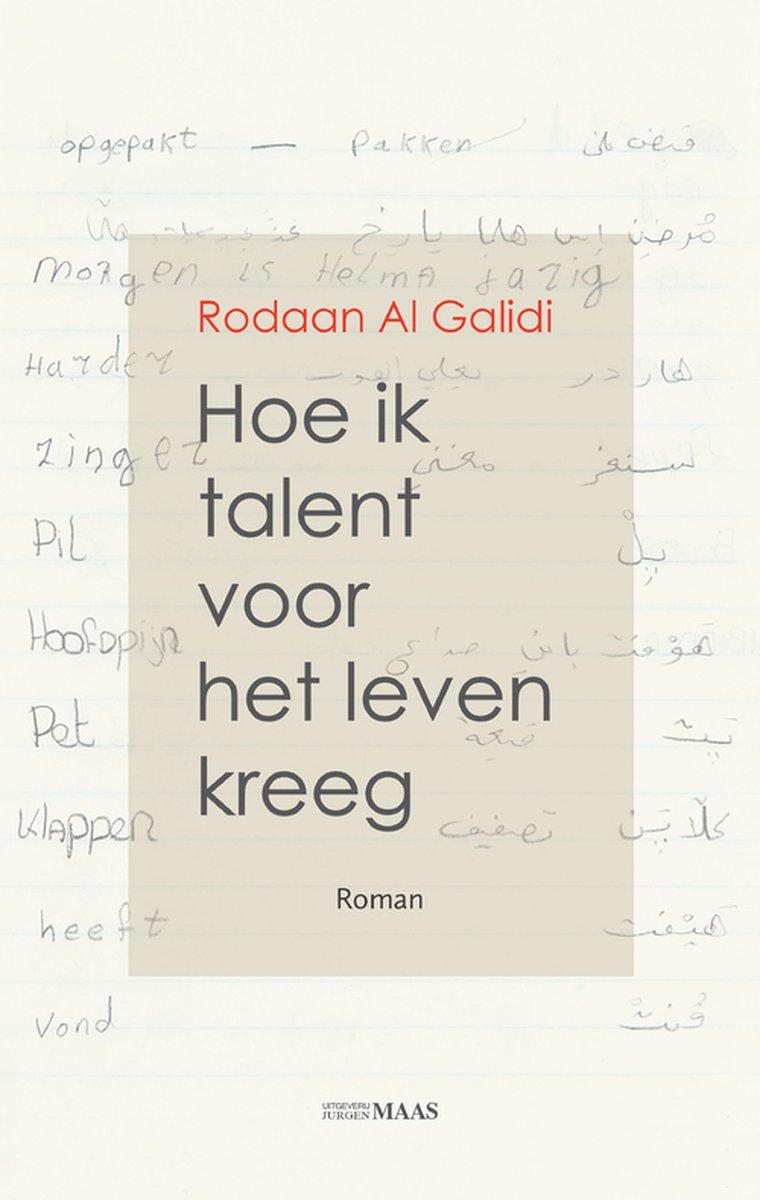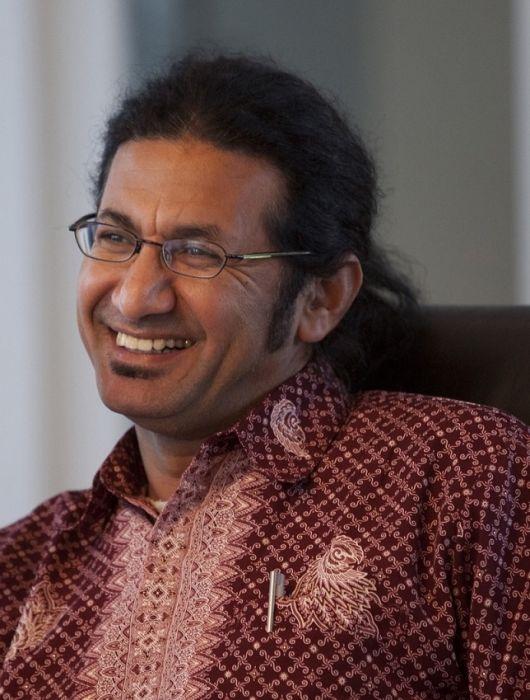Two Blankets, Three Sheets
Samir Karim flees Iraq in order to avoid conscription into Saddam Hussein’s army. After a seven-year detour wandering throughout Asia and Europe, he arrives in the Netherlands in 1998. For nine years he is interned in a centre for asylum seekers, three men to a room. Finally, in 2007, when the Dutch government issues a General Pardon to asylum seekers who arrived in the country before 2001, he is granted a permit to stay.

The reason Samir’s application for asylum is delayed for so long is that at his first hearing he was unclear about the exact date he had crossed the border. On being denied, he receives a letter ordering him to leave the country within 28 days. That letter is the first of many. In the interim he teaches himself Dutch from books he takes out of the library, becomes an interpreter for fellow asylum seekers, and has an exhausting date with a Dutch fish vendor.
He tries to get along with the other 500 people in the asylum centre, a motley crew, some of whom are described here at some length and with considerable compassion. He is more critical, although not bitter, of the Dutch bureaucrats at the asylum centre, Social Services, and the Immigra- tion and Naturalization Service. The system and the bureaucratic rules are sometimes taken to the absurd. To take just one Kafkaesque example, one of the asylum seekers receives a residence permit several years after committing suicide.
Samir has trouble sleeping, and grows depressed when he is refused an exit visa to bid farewell to his dying father in Jordan. In the face of such grim circumstances, he tries to keep up hope and hold onto his humanity. He turns down a relatively well-paid job— falsifying the expiry dates on baby formula. The dilemma of the desire for survival set against one’s moral compass brings to mind George Orwell’s Down and Out in Paris and London; Samir’s attempts to make the best of his protracted detention has much in common with the plight of the stateless Tom Hanks in Steven Spielberg’s film The Terminal
A tragic story at times, about asylum seekers pining away or committing suicide, but more importantly an energetic, true-to-life tale of survivors, of people who walk to the post box every day to see if there’s a letter from Immigration and Naturalization for them […] Should be essential reading for the Dutch, so that they may familiarize themselves with the new multicultural society.
Trouw
In the foreword Al Galidi explains that the narrator is not himself: “That way I could be the writer without having to be the hero.” Then he tackles the question of whether the book is true or not: “To someone who just can’t believe it’s true, this book is fiction, but it is non-fiction to anyone who keeps an open mind.”
Written in a direct, less florid style than Al Galidi’s previous books, Two Blankets, Three Sheets sets the playfulness of literature against the dour starkness of official rules and regulations. Al Galidi masterfully elevates waiting to a true art in this very relevant book for these times.
Book-of-the-month at De Wereld Draait door, TV show with 1,6 million viewers
DWDD
